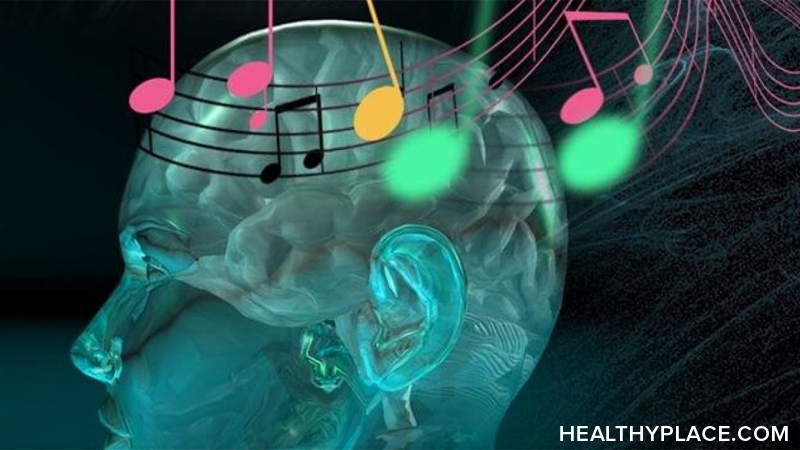Mental health is a topic that is gaining more attention each day. With the increasing prevalence of mental health issues, there is a growing need for effective treatments. While there are many ways to address and manage mental health conditions, music is one of the most powerful and underutilized tools. Research has shown that music can be an effective way to manage and improve mental health, and this article will explore the benefits of music in detail.
Music and Depression
Depression is a common mental health condition that affects millions of people worldwide. While there are many treatments available, music is a relatively low-cost and accessible option that can provide significant relief. Studies have shown that listening to music can help elevate mood, reduce anxiety, and improve sleep quality. This is because music can stimulate the release of dopamine, a neurotransmitter that regulates mood, and reduce the production of cortisol, a hormone that is often associated with stress.
One study found that people who listened to classical music for just 30 minutes per day experienced a significant reduction in symptoms of depression. This is because classical music has a slow tempo and a relatively predictable melody, which can help regulate mood and promote relaxation. Other genres of music, such as jazz and blues, can also be effective in improving mental health.
Music and Anxiety
Anxiety is another common mental health condition that affects many people. While anxiety can be debilitating, music can be an effective way to manage symptoms. One study found that patients who listened to music before surgery experienced lower levels of anxiety and lower heart rates compared to those who did not listen to music. Additionally, music can be an effective way to manage social anxiety by providing a distraction and reducing feelings of self-consciousness.
Music can also be an effective way to manage symptoms of panic attacks. Many people find that listening to calming music when they experience symptoms can help regulate breathing and provide a sense of comfort and security. This is because music can activate the parasympathetic nervous system, which is responsible for promoting feelings of calm and relaxation.
Music and Sleep
Getting enough sleep is crucial for good mental health. Unfortunately, many people struggle with sleep disorders, which can have a significant impact on their mental health. Music can be an effective way to improve sleep quality and promote relaxation. Studies have shown that listening to soothing music before bed can help reduce anxiety and promote better sleep quality.
Additionally, music can be an effective way to treat insomnia. This is because music can help create a bedtime routine, which can signal to the brain that it is time to sleep. Many people find that listening to soft music or white noise can help them fall asleep more easily and stay asleep throughout the night.
Conclusion
Music is a powerful tool that can be used to manage and improve mental health. Whether you have depression, anxiety, or sleep disorders, music can provide significant relief. By regulating mood, reducing anxiety, and promoting relaxation, music can help improve overall mental health and well-being. The next time you are feeling stressed or overwhelmed, try putting on some soft music, and see how it can help improve your mood and mental state.

Image 1: Benefits of music to mental health
Image source: The Renegade Rip

Image 2: Music provides escape, soothes some stress
Image source: The Tartan

Image 3: How Music Can Help Your Mental Health
Image source: CA Therapy Program